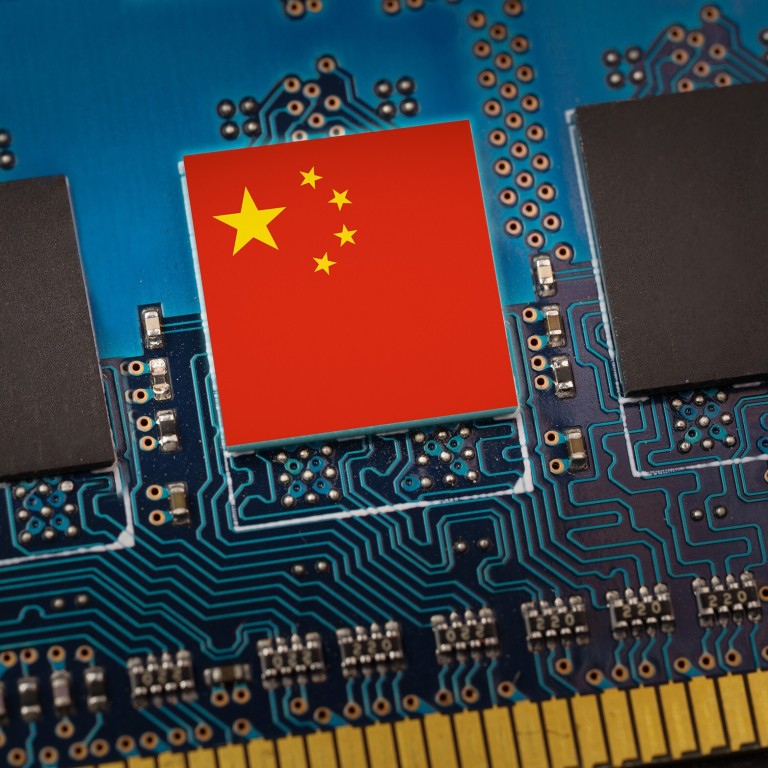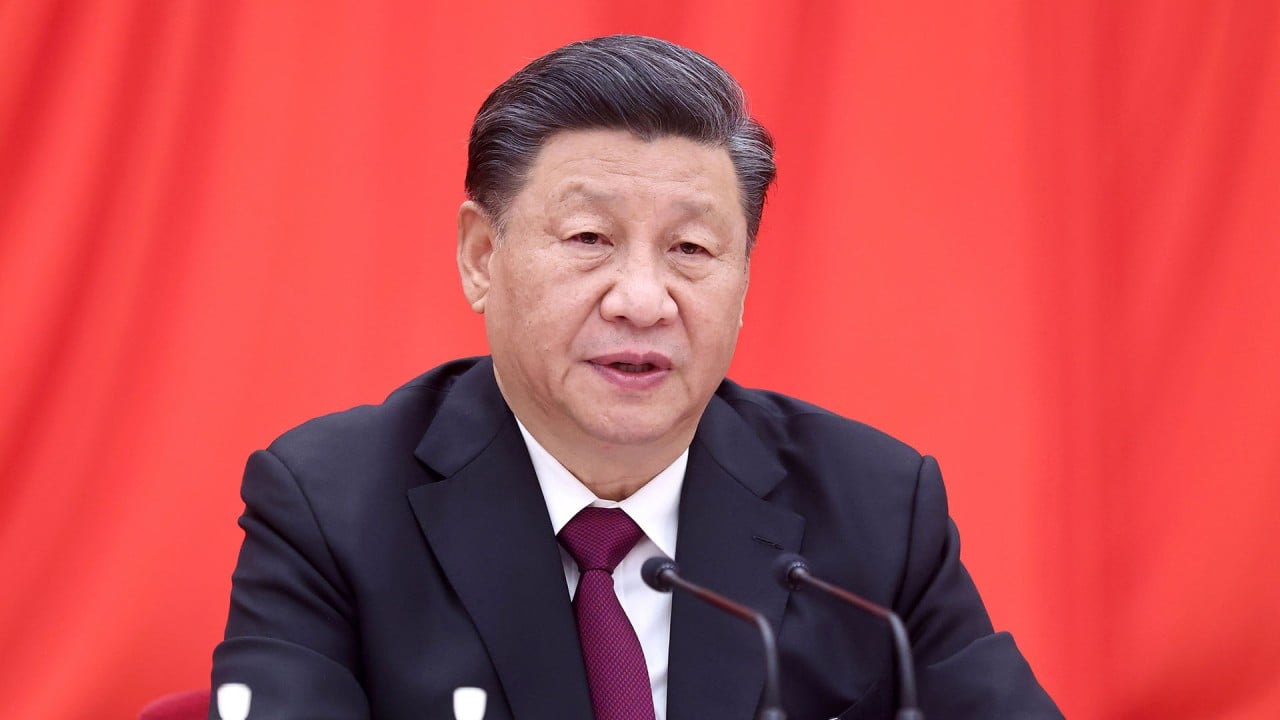
US-China tech war: Xi Jinping doubles down on ‘technology security’ measures as part of nation’s five-year plan
- China’s ruling Communist Party wants to ratchet up tech security measures in line with national development efforts
- It stressed the importance of self-sufficiency in advanced technologies amid tensions between Beijing and Washington
This gathering reviewed and discussed the country’s five-year strategic plan for national security, but the full text of the scheme has not been made public.
Tech security forms part of China’s “holistic approach to national security”, an umbrella concept introduced in 2014 by Xi to highlight threats on ideological, economic, political and military fronts.

01:09
Chinese Communist Party resolution cements Xi Jinping leadership, putting him on par with Mao
US-China tech war clouds SK Hynix plan to upgrade Wuxi memory chip plant
Plans by South Korean manufacturer SK Hynix to overhaul a huge factory in the southern city of Wuxi so it can make memory chips more efficiently are in jeopardy because US officials do not want advanced equipment used in the process to enter into China, according to a Reuters report that cited sources.
Those situations echo the message of an opinion piece published by the state-run Science and Technology Daily in April. It said: “The work of technology security has never been as important as today, and achieving high-standard technology security has never been as urgent as today.”

